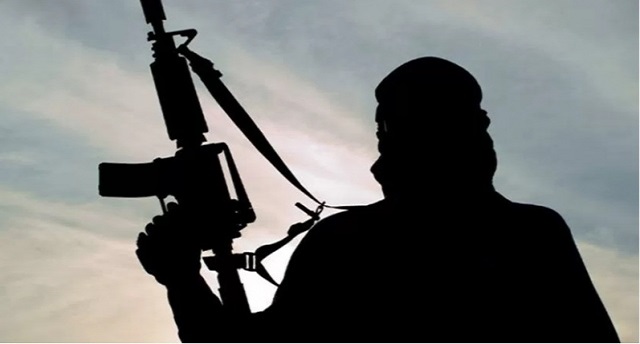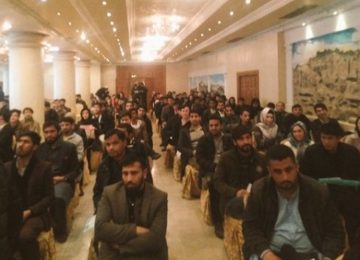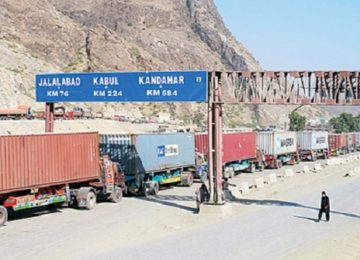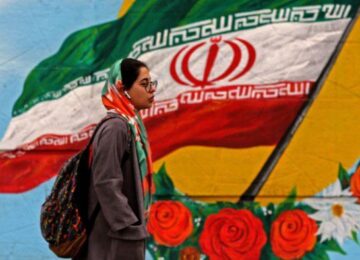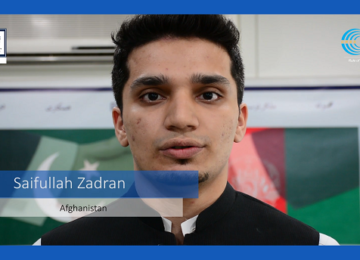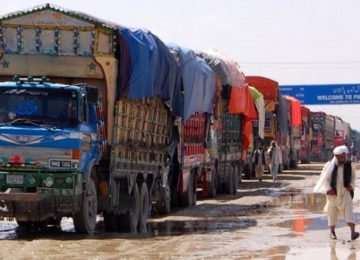President Mamnoon Hussain has signed an ordinance aimed at tightening the noose around the individuals and organisations which have been banned by United Nations Security Council (UNSC), according to sources.
The ordinance amends a section of the Anti-Terrorism Act (ATA), enabling the authorities concerned to take action against the UNSC-proscribed individuals and terror outfits, like sealing their offices and freezing their bank accounts.
The sources in the National Counter Terrorism Authority (NACTA) confirm the new move, saying the ministries of Interior, Finance and Foreign Affairs as well as NACTA’s Counter Financing of Terrorism (CFT) wing are working on the matter.
An official in the Presidency familiar with the development confirmed the said legislation but refused to share details, saying the Ministry of Defence was the notifying authority.
“The relevant ministry will notify and comment on it,” said the official.
It is learnt that the authorities concerned are bound under international obligations to take measures against such outfits under the framework of the Financial Action Task Force (FATF) – an international body that combats money laundering and terrorist financing.
The UNSC sanctions list includes al Qaeda, Tehreek-e-Taliban Pakistan, Lashkar-e-Jhangvi, Jamaat-ud-Dawa (JuD), Falah-e-Insaniat Foundation (FIF), Lashkar-e-Taiba and others.
In December last year, the government had planned to take over two charities belonging to Hafiz Saeed – the JuD and the FIF – and an action plan in this connection was supposed to be submitted.
In the first week of January, the government had also banned companies and individuals from making donations to the JuD, the FIF and other organisations.
Jundullah was the last organisation declared “proscribed” by the government of Pakistan on January 31, 2018 on the NACTA website. However, JuD and the FIF continue to be on the NACTA “watch list”.
Laskar-e-Tayyiba was declared as banned organisation under the UNSC resolution 1267 in 2005.
The US State Department in 2014 had named the JuD as “foreign terrorist organisation”, a status that freezes assets the organisation has under the US jurisdiction.
Meanwhile, India also blamed JuD leader Saeed for the Mumbai attacks of November 2006, but Pakistan argues India has failed to provide incriminating evidence against him.
This article was originally published in The Express Tribune on February 12, 2018. Original link.
Disclaimer: Views expressed on this blog are not necessarily endorsed or supported by the Center for Research and Security Studies, Islamabad.



